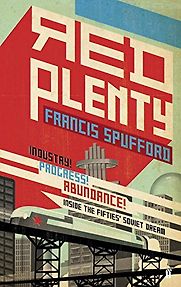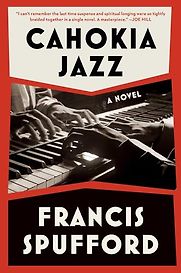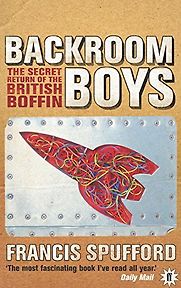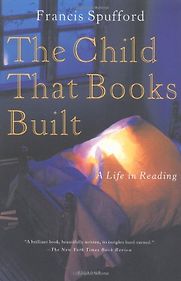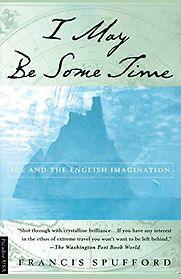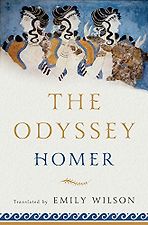Recommendations from our site
“It’s a wonderful, gorgeous novel. It has endnotes, which is decidedly odd in a novel. It’s about the ‘socialist calculation debate’, which he says he chose deliberately as the most unpromising topic he could possibly write a novel about. The book lays out the debate over whether it was possible to replicate, using planning mechanisms, the benefits of a market, and describes the Soviet Union’s efforts to realise this in the post-war period, reaching a peak during the Khrushchev years. After that, economic planning underwent a gradual and then rapidly accelerating decline. The book has a couple of characters who pop up here and again, but the narrative structure is really the story of a system. So it begins with a mathematician, Leonid Kantorovich, who has this wonderful insight when he’s sitting in a tram. It’s a beautifully designed scene describing how Kantorovich is stuffed into a tram with all these smelly, sweaty human beings.” Read more...
The Best Books on the Politics of Information
Henry Farrell, Political Scientist
” It’s set in the 1950s and 1960s—that moment before things started to tank. What’s so brilliant is the way he knits together the economic history and the history of ideas. He talks about some of the economic trends; the Soviet Union was making great strides. Then there were the heated economic debates that went with that. Which side was going to win? Socialism or capitalism? He’s taken that episode in history, those few years, and created this incredible narrative. He’s a brilliant writer. He creates these characters who, to me, feel authentic. He really knows how to bring these characters alive, through their voices. Through these various economic debates, yes, I think he does show why it didn’t happen. There is the problem that planning runs into as the economy gets more complicated. It’s very tricky for a central authority to manage everything—to deal with innovation and all the complicated aspects of an economy as it develops.” Read more...
